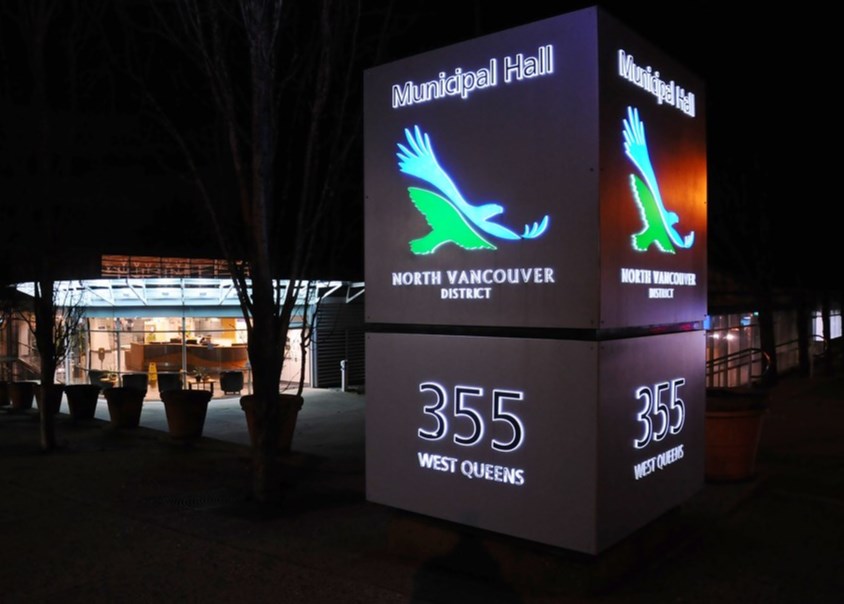When it comes to affordable housing, development, climate change and transportation, District of North Vancouver council has a new set of marching orders.
Despite some evident misgivings, council voted unanimously Monday (July 26) on a new action plan flowing from a years-long targeted review of the district’s 2011 official community plan. It contains eight "priority" actions.
Council kicked off the targeted review of the district’s chief planning document six months after the 2018 municipal election with a majority on council expressing a desire to slow the pace of development. After two years of public consultation, study and debate, the targeted review directs council to get on with the 2011 OCP’s direction to build low-carbon, compact, town and village centres with diverse housing and transportation options, along with public amenities and employment space.
The action plan states the district should prioritize rental, social, and supportive housing projects but also increase housing diversity to support a range of incomes, household types, and accessibility needs within and close to town centres.
On transportation, the plan directs council to create a continuous network of walking and cycling routes, advocate for greater transit infrastructure, and work to make existing transit faster and more reliable.
It also directs council to brace for and adapt to climate change, and to reduce greenhouse gas emissions from buildings, transportation and waste.
And the updated plan directs council members to consider all major decisions through a lens of social equity and climate change.
Before the debate and vote, Mayor Mike Little reminded council members that none of the action items are binding and any future bylaws would still be required to go through their usual process. But it did touch off a familiar debate about whether the district should adapt with the times or attempt to enshrine the status quo.
“I love this place the way that it was and that's evident in my passion for this community and why I do this job,” said Coun. Lisa Muri. “It's a great place and I always feel like we're trying to change it, and I just never understand why.”
Coun. Megan Curren retorted that change happens whether council wishes it or not, and she said the action plan offers tangible strategies on many challenges the community is facing.
“I think it's just this is not the same world it once was for so many reasons,” she said. “I recognize that change is hard and it's scary, but change is here, so what are we going to do with it?”
Coun. Mathew Bond urged his fellow council members not to dither on implementing the ideas their targeted review produced.
“I'm hopeful that this action plan will be treated as an action plan, not another study, not something that we delay for another two or three years or four years or five years because, as Coun. Curren said, change is here.”
During the public input period, North Vancouver Chamber president Patrick Stafford-Smith said the business community is eager to see some action from council, especially when it comes to affordable housing and transit.
“If we can't get our people moving and provide a range of home options that are affordable, then we won't be able to keep these employees, nor the employers who have helped build our community,” he said.
Blueridge resident Eric Andersen, however, urged council members to remember their campaign promises to slow development. And he advised them not seek affordability by allowing new housing.
“Even if you allow 100,000 new units to be built, or even a million, this could never satisfy the demand,” he said. “Developers would always continue to tell you there is a demand, and I guess there would be if you let everyone in the entire world come to the DNV.”



